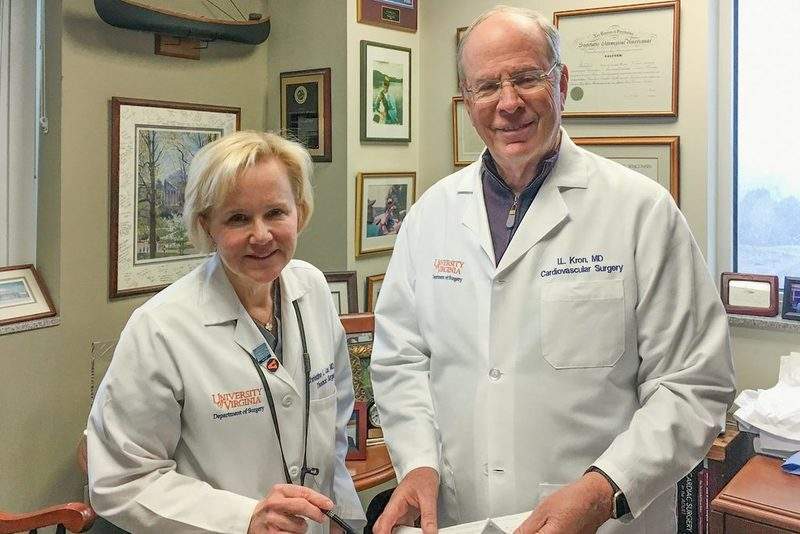
Researchers at the University of Virginia (UVA) Health System have initiated a new Phase I clinical trial to test regadenoson in lung transplant recipients.
Whilst regadenoson is currently used for imaging hearts in cardiac patients, UVA researchers believe that it can be used to treat ischemia reperfusion injury characterised by tissue damage due to blood flow restoration.

Discover B2B Marketing That Performs
Combine business intelligence and editorial excellence to reach engaged professionals across 36 leading media platforms.
Trial principal investigator Dr Christine Lau said: “Ischemia reperfusion injury directly correlates to the development of chronic rejection, which is the reason why five-year survival in lung transplant recipients is only about 50%.
“Yet there really are almost no [other] clinical trials in lung transplant. This is our best hope.”
The Phase I trial will investigate the safety of regadenoson in up to 21 subjects with a primary goal of establishing the safest dose to decrease or prevent ischemia reperfusion injury.
The trial is set to recruit patients who are undergoing a lung transplant at UVA, with plans to extend to other organisations as well.

US Tariffs are shifting - will you react or anticipate?
Don’t let policy changes catch you off guard. Stay proactive with real-time data and expert analysis.
By GlobalDataTo conduct the trial, UVA partnered with National Heart, Lung and Blood Institute at the National Institutes of Health (NIH).
The latest research is based on years of lab research by UVA surgeon Dr Irving Kron who hopes that the drug has the potential to ‘wipe out’ chronic lung rejection.
Kron said: “We see the problems at the bedside, and we go to the bench and we try to come up with a fix. This clinical trial is a culmination of a lot of years of lab research and collaboration with a lot of partners.”




